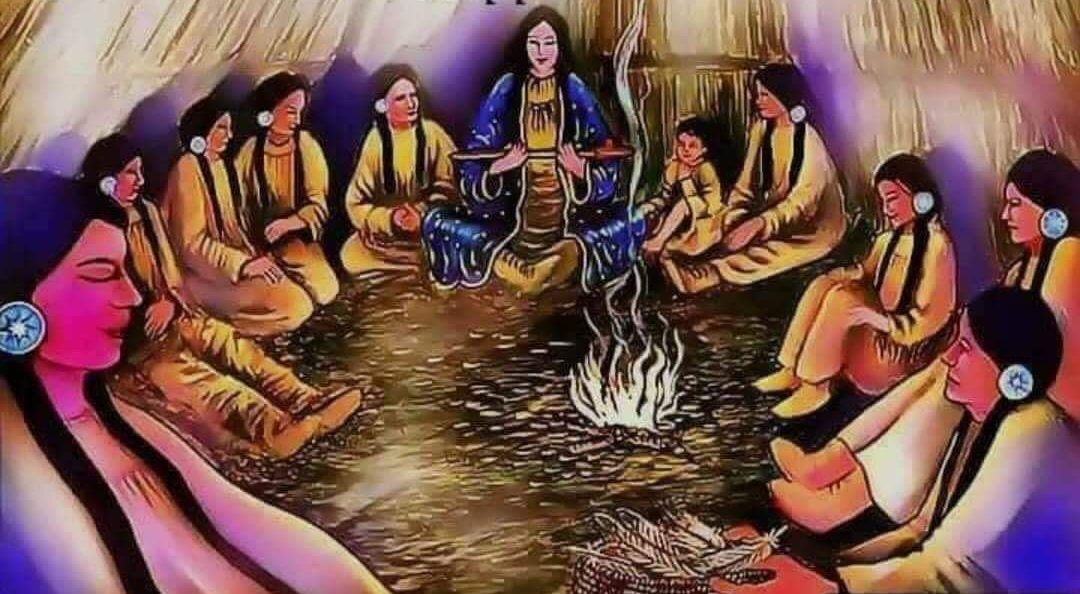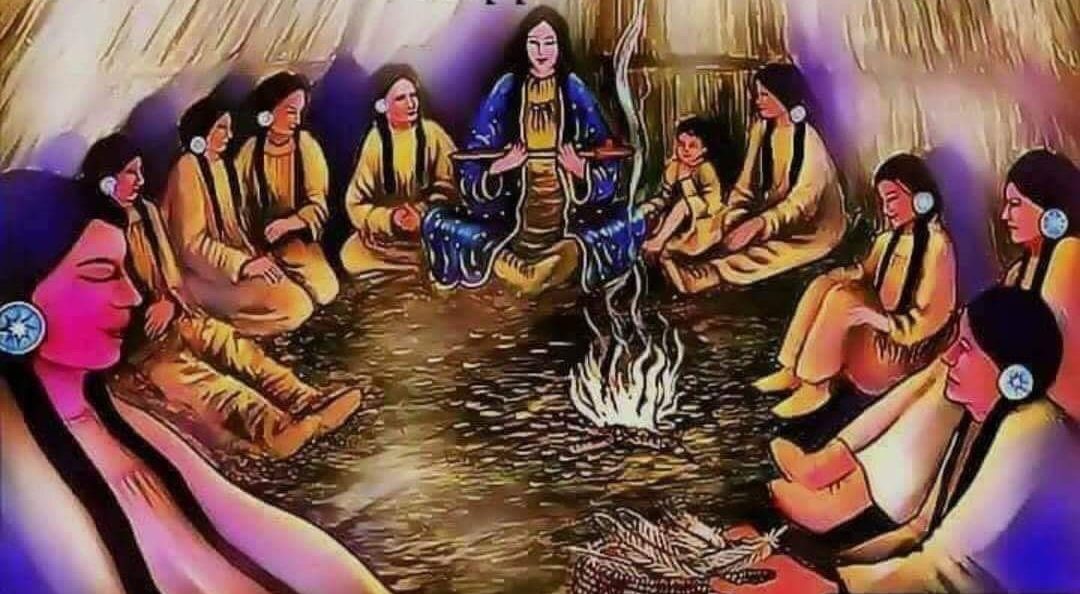American Indian Heritage Commission Fails to Honor Mission by Excluding the Tuscarora Nation of North Carolina from Native American Heritage Month Celebration in Raleigh
The following is a guest post from Donnie Rahnàwakęw McDowell, the Public Relations Officer at the Tuscarora Nation of North Carolina. If you would like to submit community content for The Cary Report, please use our contact form.
Recent program guides for the annual Native American Heritage Month Celebration in Raleigh, provided by the North Carolina American Indian Heritage Commission (AIHC), did not capture the full representation of Indigenous groups that make up the American Indian community of the state. When examining the toolkit published by the American Indian Heritage Commission, it is clear to see that the Tuscarora Nation of North Carolina is nowhere to be found. Not only did the Tuscarora Nation not appear in the land acknowledgments, but it was also not named as part of Indigenous groups identified within the American Indian community section.
Despite efforts to promote American Indian culture and contributions to our state, the AIHC’s decision to not include the Tuscarora Nation of NC stands in clear opposition to their goals. According to the language of House Bill 765, which created the AIHC, the Tuscarora was also excluded from the list of tribal communities recommended to have a seat on the Commission. The exclusion of the Tuscarora Nation from general acknowledgments designed to increase awareness of the American Indian community during Native American Heritage Month celebrations is immoral, unethical, and disrespectful.
By intentionally excluding the Tuscarora Nation from the program guide and land acknowledgments, the AIHC is committing an act of oppression. Recognizing the Tuscarora Nation’s connections to places such as Cary and Raleigh would highlight the relationship the Tuscarora once had with lands that make up Wake County. Without participating in such a once-a-year occasion designed for American Indian communities to represent themselves and interact with each other and the public, the Tuscarora people are less likely to be seen, heard, and understood. What is ironic about this situation is that the AIHC is run and staffed by members of the state’s recognized American Indian tribes and urban Indian organizations.
To better illustrate how the American Indian Heritage Commission is violating its own policies, a lens will be placed on key examples of ignoring the authentic claims of the Tuscarora Nation of NC. First off, by not recommending that a seat be provided to the Tuscarora Nation via HB 765, it is clearly understood that no intention was made to include the Tuscarora Nation from the beginning. Second, earlier in the year, the AIHC collaborated with the NC Department of Natural and Cultural Resources and the Historical Roadside Marker program to increase local tourism of NC tribal communities.
After reviewing the tribal communities included in the recent roadside marker acknowledgments, the Tuscarora Nation was once again missing. Instead of identifying and eliminating the inequities that the Tuscarora Nation faces, Indian-operated agencies chartered by the state ignore the struggles the Tuscarora Nation communities endure. The real conundrum appears when digesting the fact that the celebration in Raleigh showcased a copy of the 1717 Tuscarora Treaty while ignoring the existence and importance of the Tuscarora Nation communities that still call the state home.
The Tuscarora Treaty of 1717 recorded the continuing relationship that the ancestors of the Tuscarora Nation established in 1712 after the Tuscarora Wars began in earnest across colonial North Carolina. This document verifies that the Tuscarora Nation of NC was acknowledged by the state in the early 18th century by treaty. Likewise, the 1717 Treaty formally established the Tuscarora reservation in eastern North Carolina, where ancestors of the Tuscarora Nation once resided along the Roanoke and Neuse Rivers. Diminishing the relativity of these facts and their relationship to the Tuscarora Nation of NC creates the illusion that the descendants of the Tuscarora Nation that escaped Indian Removal by hiding in the swamps of Robeson County are not members of an authentic Indigenous community.
Creating inequities instead of equality for the Tuscarora Nation of North Carolina during Native American Heritage Month is morbid, to say the least. The foundation of the State of North Carolina is soaked with the blood of hundreds of Tuscarora ancestors that resisted settler encroachment during the colonial era. Before the Tuscarora Wars began in earnest, Virginia settlers were illegally entering and seizing Tuscarora lands west of the Chowan River Valley, and South Carolina settlers were raiding Tuscarora villages and trafficking Tuscarora relatives to the markets at Charles Town. This tactic of cutting off the Tuscarora from both a north and south direction aided the southern British Colonies from being dealt such a defeat in the Tuscarora Wars. Reducing trade networks, taking of Tuscarora hostages, and breaking lines of communication between Tuscarora regional municipalities lessened the successes of Tuscarora resistance movements to curb settler encroachment.
Ultimately, sizable forces composed of rivaling South Carolina Tribes combined with colonial military siege warfare caused the eventual downfall of the Tuscarora Confederacy that existed prior to European Contact. The Tuscarora Treaties of 1712, 1714, and 1717 between the ancestors of the Tuscarora Nation and the North Carolina General Assembly highlight that the settler government and the Tuscarora Nation entered a government-to-government relationship over three centuries ago. Meaningful representation for all Indigenous NC Tribes cannot occur without first recognizing and addressing the continuing inequities caused by political bias, historical misconceptions, and competition by tribal rivals. The act of excluding the Tuscarora Nation of NC from programs designed for American Indians causes harm to Tuscaroras by removing opportunities to engage with the public, state agencies, and scholarly experts. Actively promoting the eradication of the presence, representation, and self-determination of the Tuscarora Nation is an act of discrimination and oppression.
These many dispositions caused by a lack of inclusion keep the Tuscarora hidden from plain sight, dismiss the sacrifices and contributions of Tuscarora ancestors and tribal citizens, and decrease the likelihood that the Tuscarora Nation of NC remains relevant. The oppression that the Tuscarora Nation faces has been caused by a lack of accountability in both the NC General Assembly and the AIHC to honor the rich history of the Tuscarora Nation.
By providing the Tuscarora Nation with representation, the AIHC would fulfill its mission and make all Indigenous communities in the state visible.



